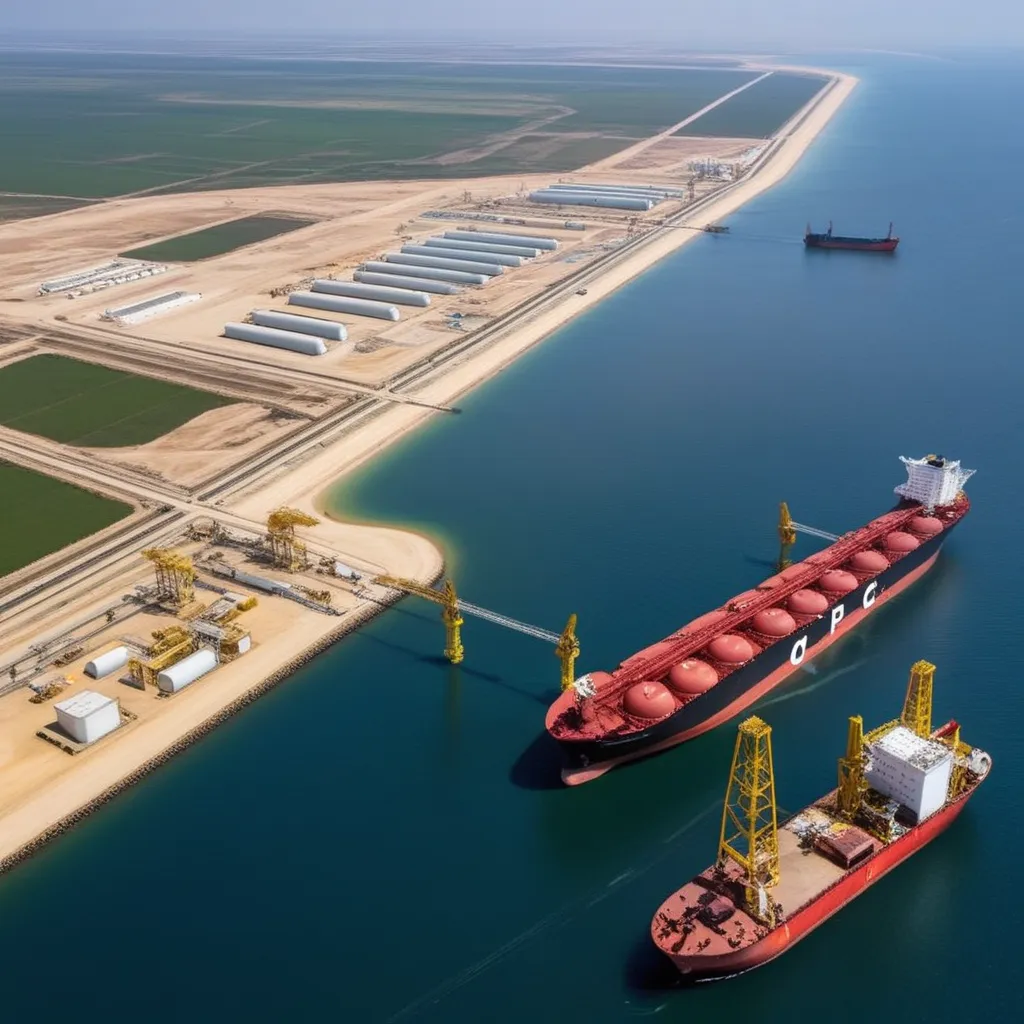Angola has officially declared its exit from the oil producers' organization OPEC, citing a disagreement over output quotas as the primary reason. This decision comes in the wake of the recent resolution by the 13-member cartel and 10 allied nations to further reduce oil production in 2024 with the aim of stabilizing unpredictable global prices.

Currently contributing approximately 1.1 million barrels per day out of OPEC's total 30 million, Angola's departure had an immediate impact on oil prices. Brent prices experienced a decline of over $1, reaching $78.5 a barrel by 12:50 GMT, as reported by Reuters.
The announcement was made during Thursday's cabinet meeting, with Mineral Resources and Petroleum Minister Diamantino Azevedo explaining the rationale behind the decision. He stated, "We feel that at this moment Angola gains nothing by remaining in the organization and, in defense of its interests, it decided to leave."
Azevedo emphasized that staying in OPEC would have compelled Angola to cut production, contradicting its policy of avoiding decline and respecting contracts. The decision, he added, was not taken lightly.
Angola and Nigeria, the two largest oil exporters in sub-Saharan Africa, have reportedly expressed dissatisfaction with being asked to reduce production at a time when they seek to increase foreign currency earnings. Angola, with vast mineral and petroleum reserves, boasts one of the world's fastest-growing economies, albeit with uneven growth.
Notably, Angola, a member of OPEC for 16 years, joins the ranks of other countries that have left the cartel, including Ecuador, Indonesia, and Qatar.
OPEC, a consortium of oil producers influencing global crude oil sales, operates alongside an extended group known as OPEC+. The global oil market has seen fluctuations, particularly after Russia's invasion of Ukraine in February 2022, causing oil prices to surge to over $120 a barrel in June of the same year. Although prices retreated to just above $70 a barrel in May this year, they have steadily risen as producers attempt to limit output to support the market, compounded by recent attacks on cargo vessels in the Red Sea.

No comments:
Post a Comment